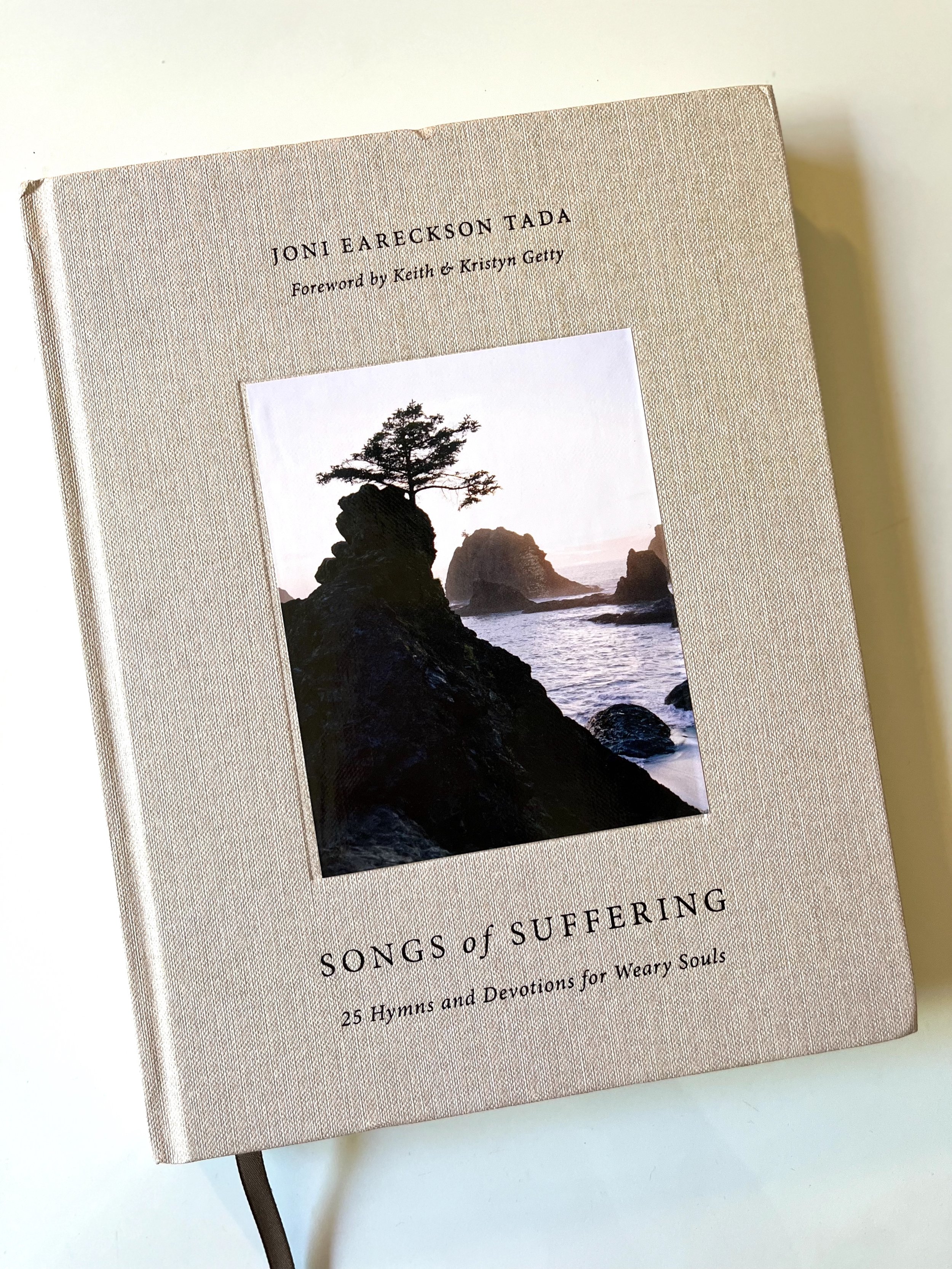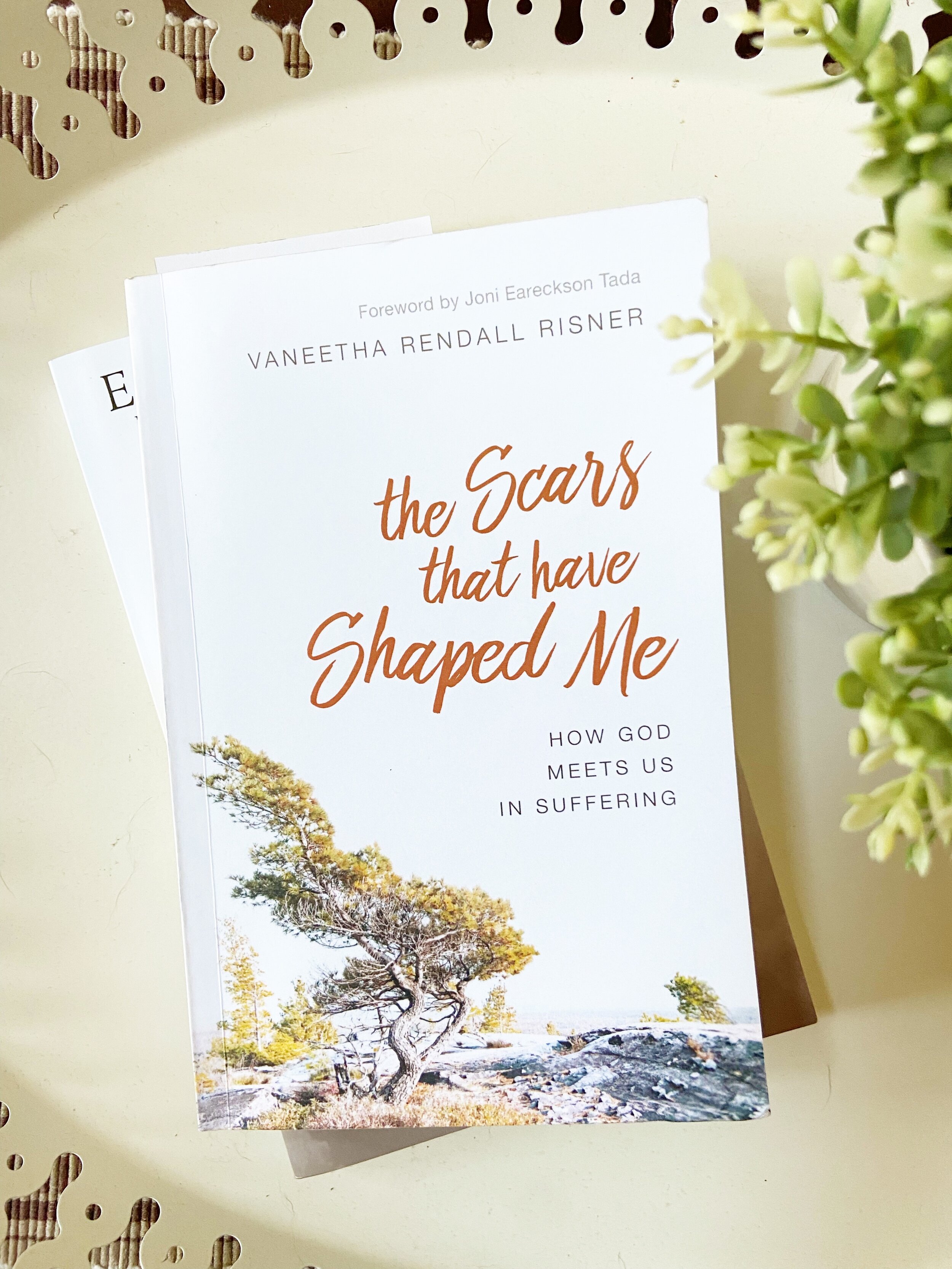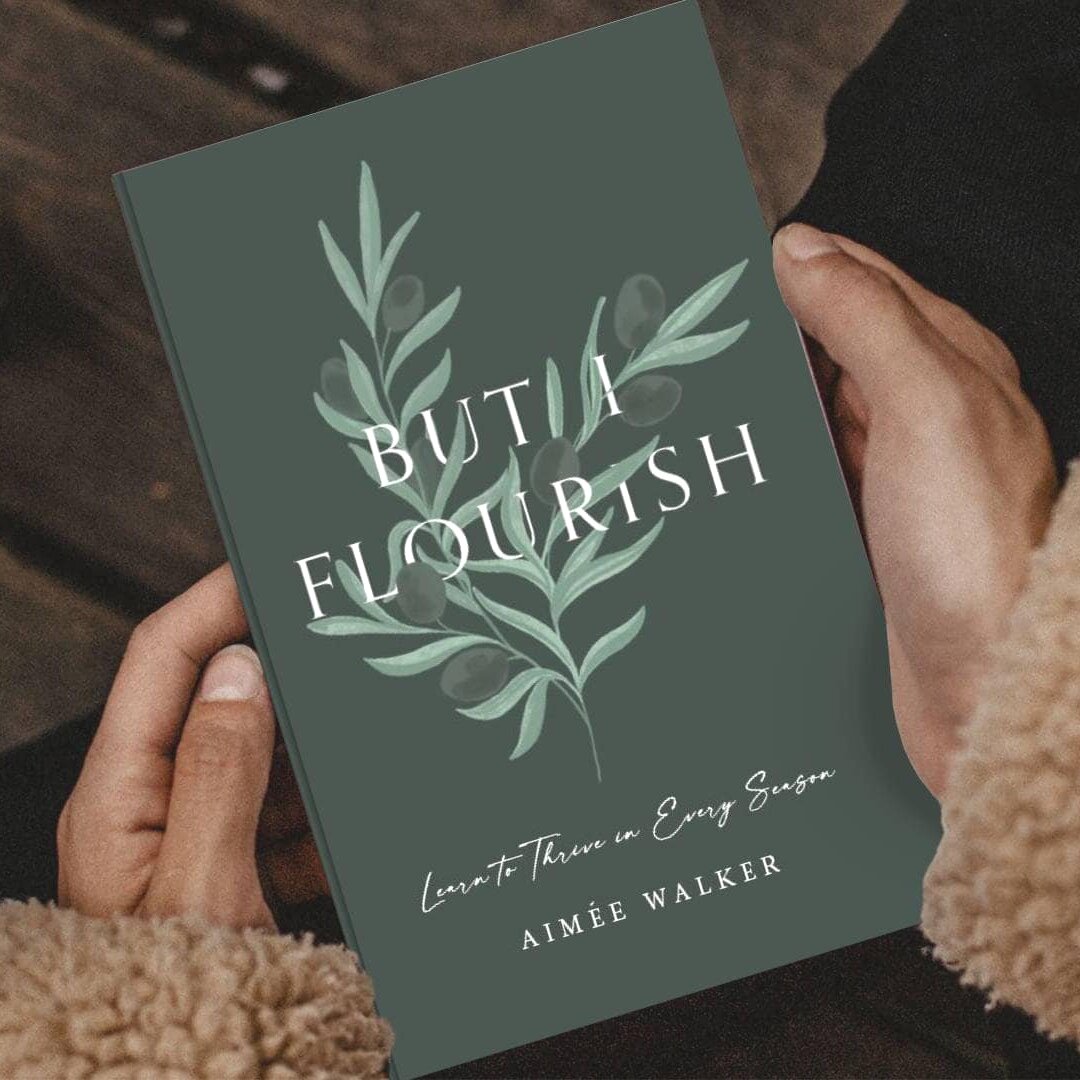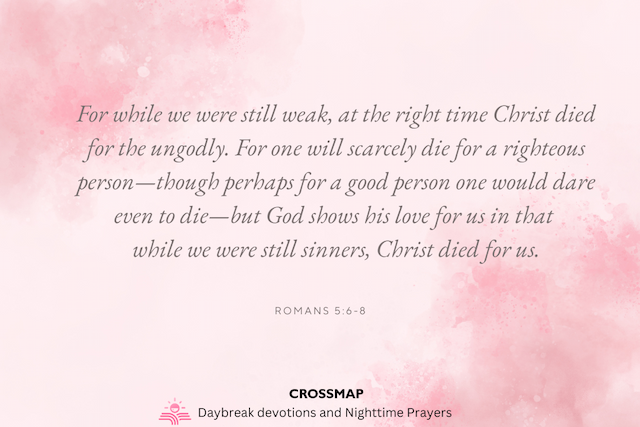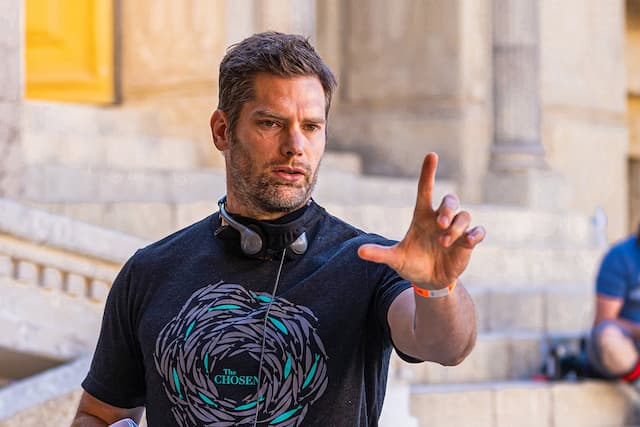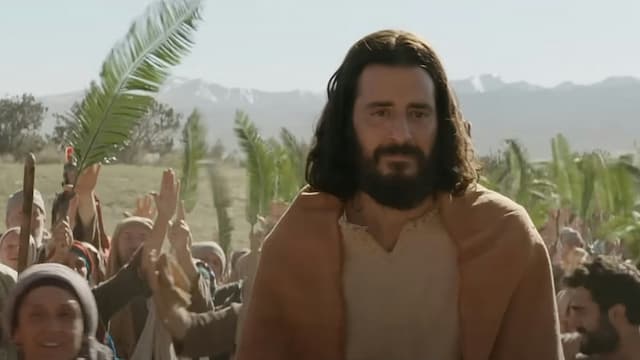Book Review: The God of the Garden — Nicole O'Meara
When we lived in North Carolina, our neighbor had a huge dogwood tree in her front yard. It reached beyond our second-story windows. And every spring, it was the first to bloom, showering us with pink and white blossoms. Thick branches of white blossoms entwined with thick branches of pink blossoms. It was huge and splashy and glorious. I had never seen anything like it and it swept me away. Our neighbor explained that it probably started as two distinct trees planted too close together and, over time, literally grew into each other becoming one tree.
When we moved, I knew I wanted my own dogwood tree so we planted one in the front yard. I could see it through the ten-foot tall windows from almost anywhere in the house. I couldn’t wait till the coldest days of winter were over, knowing that soon, my very own pink blossoms would arrive. Mom always said, “You know winter is over when the dogwood blooms,” and so, I watched and waited and oohed and ahhed when they arrived. But my tree didn’t thrive like the one in North Carolina. In fact, as I wrote about here, it died. With it, the baby Gardner in me suffered a little death too.
Trees do things to our hearts. The massive oak tree just past our backyard fence was home to many birds and at least two squirrels. That oak also made me nervous on stormy nights. If just one of those limbs fell, it would knock down the fence, at best. At worst, well, someone’s calling a roofer at midnight. On a beautiful spring day, I’d sit in my backyard and stare up at that tree and wonder what it had seen. Surely, that tree had existed long before our subdivision was built. Did momma deer hide their fawns behind its huge trunk? Did the Pony Express ride past or stop and rest under its shade? Who else has sat and pondered life’s big questions under that majestic oak?
Andrew Peterson’s The God of the Garden is about trees. It’s part memoir, part essay on the challenges and beauty to be found in the gardens of life.
Peterson reminds us that the entire Creation story centers around gardens. It was in a garden where life began. And in a garden when history pivoted and our Lord was buried and resurrected. And it will be in a garden, after the Lamb triumphs over Satan once and for all, where God will dwell with his people forever (Rev 22).
So, it stands to reason, that gardens and gardening are important. As I read, I began to see that gardens could be defined in different ways. There is the obvious patch of land that we tend and cultivate and enjoy the fruits of. But a garden can also be a community, that we tend and cultivate and enjoy the benefits of. And perhaps, a garden can also be our bodies, that we tend to and care for and hopefully, enjoy the use of for a long, long time. Every definition includes the work of our hands and the will of our Father God. He will use whatever garden we find ourselves tending, to cultivate our hearts, souls, and minds. We are his garden. He is our tender garden-keeper.
Peterson looks to trees as his trail markers, from a Thinking Tree where he spoke with God as a child to various trees he has planted at his home, The Warren. Along the way, he touches on various subjects to keep you thinking: solitude vs. isolation, poetry as sacredness, footpaths, and depression.
I paused at times to consider where my life fits, what my place is, in the narrative of the ultimate story. My story isn’t attached to a place, like a farm handed down for five generations. Yet, I have put down roots in my community, deep roots. Speaking of his parents and their efforts to transform five acres into Shiloh, a place for family to gather and for their grandchildren to plant trees, Peterson says, "Who they have become is intimately connected to the land they have loved into its own becoming." They made Shiloh and while they put their hands to the task, Shiloh made them into who they became: trail-makers, gardeners, grandparents, keepers of stories. I felt an urge to plant peonies in front of the retaining wall in our backyard and lay gravel from the patio to the fence and add jasmine near the front door to be a fragrant welcome to visitors. In other words, I felt like cultivating my place and seeing what it cultivates in me.
Peterson sprinkles in fun facts that would be easy to gloss over if one wasn’t paying attention. "Gardeners tend to have a wider variety of gut bacteria. One of those is called mycobacterium vaccae which, when it gets under your fingernails, releases serotonin [a natural anti-depressant] in your system. . . our bodies experience healing merely being near the color green." I suppose this is why my friends with green thumbs talk about gardening with a passion. Almost like an addict. I found myself feeling a tiny pang of jealousy. (I wasn’t born with a green thumb.)
A tidbit in the Afterword tied up the book well. "Right there in Genesis 1, God made trees and validated beauty for beauty’s sake . . . This is pure gift, straight from the mind of Jesus. Next time you eat an apple or a pecan, taste and see that the Lord is good."
I challenge you to look at the first blooms of spring, that are surely coming soon, and not feel a stirring to be in the garden. Let this be your permission to go.
More Books on Trees
Placemaker by Christie Purifoy
But I Flourish by Aimee Walker
Read my Book Review of Andrew Peterson’s Adorning the Dark . (One of my Top Ten Faves!) It’s a prequel to The God of the Garden, sort of.
I love sending my subscribers special goodies and encouragement straight to their inbox. One of those goodies is a list of 12 Verses to Help You Endure. I’d love to send it to you.
You May Also Like...
Andrew Peterson’s The God of the Garden is part memoir, part essay on the challenges and beauty to be found in the gardens of life.
Peterson reminds us that the entire Creation story centers around gardens. So, how does your story fit into the narrative of time?
Mr. Cotter shares his emotions, thoughts, dreams, frustrations, and new understandings as he loses his hearing to Meniere’s Disease. I love that he didn’t hold back. It helped me to know all the little things he suffered and processed, things my father may have also felt and thought.
This book is not written from a Christian worldview, but it is written honestly. I appreciate that.
In Dr. Paul Brand’s book The Gift of Pain Brand says pain is the body's built-in warning system that something is wrong and needs to be fixed. Time and again, he found that lack of pain was his patient’s worst enemy. I nodded, understanding and wishing I didn’t.
A full review of Gentle and Lowly by Dane Ortlund—Why you should read it and how it will change you. Plus, a short review of Ragamuffin Gospel by Brennan Manning.
The first devotional made me cry, not out of sadness, but from a sense of connection I have never before felt to Joni. Joni knew what it was like for me because she had felt it too.
That feeling of being known and understood returned several times as I read through Songs of Suffering. Our situations are remarkably different, but Joni shares many of the same feelings I have experienced. Perhaps you too.
I have one more reason to love biographies — they help me appreciate people, even people I disagree with. When I learn how a person came to think and behave the way they do/did, it is much easier for me to understand what they said and why they said it. It’s like taking a crash course in one specific person’s life. Once I have learned to understand a person, I can learn to appreciate their impact on the world.
I’ve got a list to get you started. And if you already enjoy reading biographies, then you’ll love this list too because I’m confident you will find one or two that are new to you.
In The Scars That Have Shaped Me, Vaneetha Rendall Risner shares her story of life-long illness (Polio & Post-Polio Syndrome) and trials (death of a child and loss of her marriage) with simple writing and honesty.
A quick read packed with great theology. Vaneetha vulnerably reminds her reader of the unchanging character of God, even in the midst of illness and loss.
In Undone, Michele shares openly all the emotions and faith questions that she experienced through her cancer experience. In Relentless, Michele walks you through the next phase of her life when cancer returns, when the orphans they brought home become theirs for life, and when she grieves the loss of her Dad to his own battle with cancer. It is personal, gut-wrenching, and oh so relatable.
We all need friends like Jonathan and David in our lives—friends who remind us of who God is, who cause us to look upwards and not be overcome by our circumstances, friends who call forth what God has spoken over our lives and strengthen us to keep contending. But as much as we need them, we must also be them.






